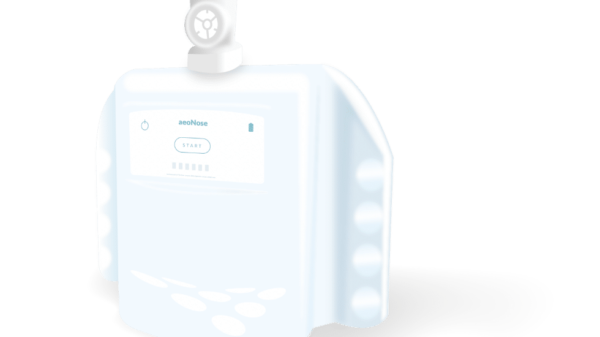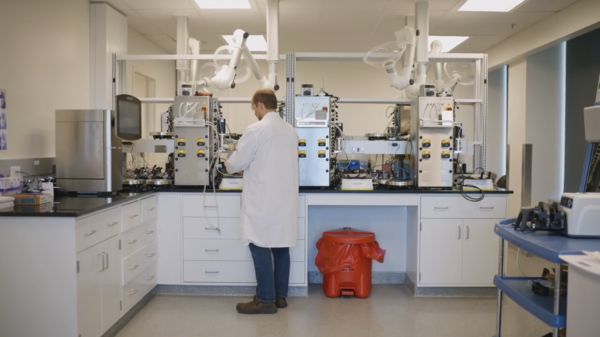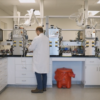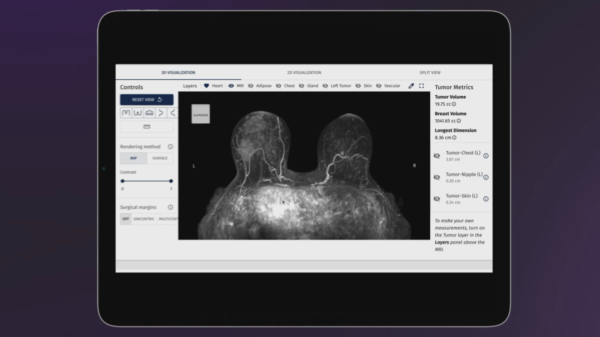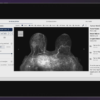Switzerland’s healthcare major Roche Holdings AG Basel ADR Common Stock (OTCMKTS: RHHBY) has obtained international rights to a promising new drug used to treat the world’s most aggressive lung cancer.
On Thursday, Roche announced a collaboration with Innovent Biologics Inc (OTCMKTS: IVBXF) for joint development of the Chinese biotech operator’s small cell lung cancer (SCLC) antibody drug conjugate (ADC) “IBI3009.” It focuses on targeting DLL3 — an antigen that is present in a much higher concentration within tissue where SCLC is present.
ADCs work by chemically linking an antibody, that is designed to identify specific cancer cells, to a potent drug. It enables the drug to attack the cancer cells while minimizing harm to a patient’s healthy tissue, in a nutshell.
The two companies will work together to develop the drug initially before Roche completely takes over. Innovent will get US$80 million up front followed by up to US$1 billion in milestone payments and royalties.
Innovent says IBI3009 has received investigational new drug approval in the United States, China and Australia. The first patient was just dosed in a Phase I study last month. It has shown significant promise in rodent studies.
This is not the first time that Roche and Innovent have worked together. The companies entered a research collaboration in 2020, which has now been expanded.
This agreement combined with the deal announced this week have an aggregate value potentially exceeding US$3 billion.
Read more: Breath Diagnostics onboards new president and closes critical financing
Read more: Breath Diagnostics pioneers novel lung cancer breath test
ADC market set to grow over two-fold by 2028
The Indian analytics firm MarketsandMarkets estimated in late 2023 that the ADC sector will grow immensely in the coming years.
It was valued at US$9.7 billion that year and will be worth US$19.8 billion by 2028, the market researcher has predicted.
MarketsandMarkets says the immense growth will be driven by increasing cancer rates and interest in these drugs from key players in the oncology and biotech industries.
“Antibody-drug conjugates represent a highly potent approach to treating cancer patients,” the firm explained. “They harness the precision of monoclonal antibodies, directing them towards specific antigens, to deliver potent cytotoxic drugs.”
ADCs essentially function as a means of delivering targeted chemotherapy on a microscopic scale, thereby reducing nasty side effects that traditional chemo has. They have demonstrated the ability to boost overall survival rates among cancer patients. Their development is a complicated process.
rowan@mugglehead.com







